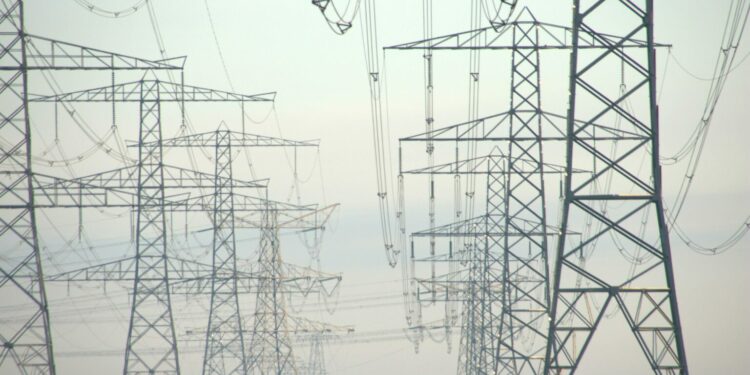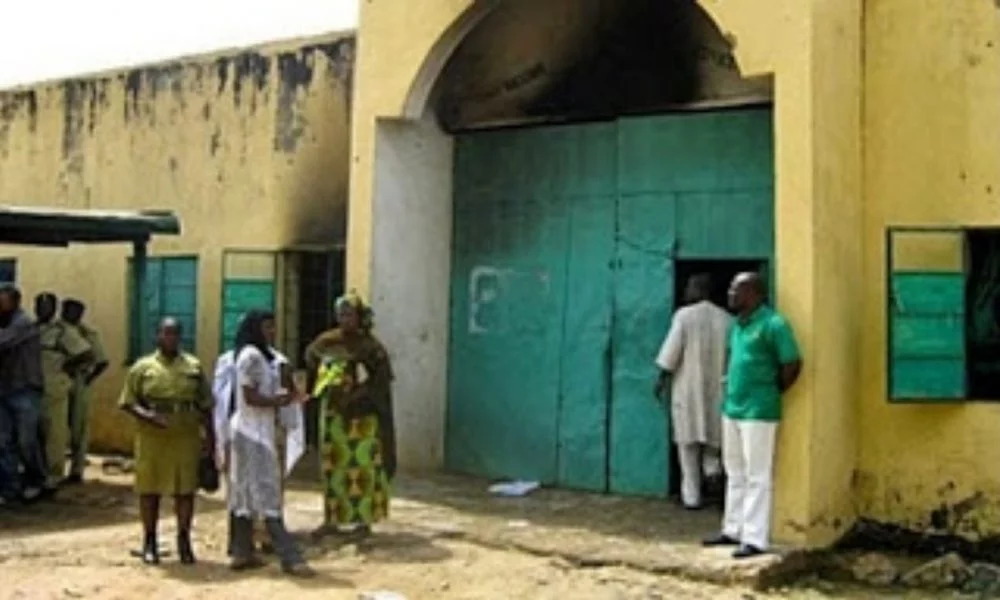News
Power grid development could attract $3.1 trillion in investment by 2030

According to a projection by Rystad Energy, the surging need for electricity will require an overhaul of grid infrastructure, potentially attracting up to $3.1 trillion in global investment by 2030. This amount dwarfs the yearly investment in renewable energy sources (RES), which is on track to exceed $640 billion by 2024. Presently, the total length of power transmission lines worldwide stands at 86 million km, surpassing the Earth’s equator length by over 13 times. Most prevalent are power lines with voltages below 10 kilovolts (kV), spanning 72 million km, followed by medium-voltage lines (10 kV to 70 kV) covering 8 million km. High-voltage lines (70 kV or more) are less common, totaling 6 million km, but are expected to gain popularity due to rising demand for clean energy and the necessity of supplying electricity from RES-rich areas to energy-deficient regions.
Rystad Energy predicts that global power line length will reach 104 million km by 2030 and 140 million km by 2050, primarily propelled by China’s ongoing industrial development. In 2023, global investment in power line construction is projected to hit $374 billion, with China contributing 30%. Europe and North America will also significantly contribute, exemplified by the U.S. Infrastructure and Jobs Investment Act allocating $65 billion for energy infrastructure enhancement and the European Commission’s Action Plan for Grids proposing 584 billion euros ($626 billion) in investment.
These investments aim to ensure reliable electricity transmission amidst escalating grid load, driven not only by RES expansion but also by the construction of thermal power plants essential for system stability. For instance, from January 2020 to January 2024, the United States added 25.2 GW of gas-fired thermal power plants, 43.9 GW of wind turbines, and 56.2 GW of solar panels (excluding off-grid installations in industry and residential sectors).
Electrification in developing nations, still at a nascent stage, will continue to steer industry growth. In sub-Saharan Africa, access to electricity rose from 25.7% in 2000 to 50.6% in 2021, with further electrification anticipated to drive demand for aluminum (used in overhead power lines) and copper (mainly for underground and underwater lines). Rystad Energy forecasts a 40% surge in global demand for copper and aluminum by 2030.
News
Hospital Board Suspends Doctor Over Negligence In Kano

Dr. Mansur Nagoda, the Executive Secretary of the Kano State Hospitals Management Board, has sanctioned the immediate suspension of a medical officer at the Muhammad Abdullahi Wase Teaching Hospital. This action follows numerous complaints from patients and staff regarding the doctor’s unauthorized absence from duty.
Dr. Nagoda disclosed that the suspended doctor, whose identity is withheld, left the hospital without informing any authority or management personnel. Despite attempts to reach her, she claimed to be on the premises but failed to report to the doctors’ quarters or fulfill her duties, leaving a dialysis patient distressed.
Emphasizing the ethical responsibility of doctors to prioritize patient care, Dr. Nagoda stressed the need for accountability and professionalism within the healthcare system. He warned that proper arrangements must be made with another doctor when absent from duty, and negligence will not be tolerated.
The suspension will remain in effect pending the investigation’s outcome, demonstrating the board’s commitment to upholding standards of conduct among healthcare workers. Dr. Nagoda reiterated the board’s expectation for all personnel to fulfill their duties diligently, emphasizing consequences for those found derelict in their responsibilities.
News
Oyebanji approves 50% subsidy on improved oil palm, cocoa, cashew seedlings for Ekiti farmers

Governor Biodun Abayomi Oyebanji of Ekiti State has authorized a 50 percent subsidy on oil palm, cocoa, and cashew seedlings for distribution to farmers in the state during this planting season. Mr. Ebenezer Boluwade, the State Commissioner for Agriculture and Food Security, conveyed this information in a statement released to the press in Ado-Ekiti.
He explained that this initiative is part of the strategic measures undertaken by the Oyebanji administration to generate employment, foster wealth creation, and revive Ekiti State’s agricultural sector to its former glory, particularly harking back to the prosperous era of the 1970s when it was renowned globally as a leading cocoa production hub in Nigeria.
Boluwade emphasized that the program aims to rejuvenate the state’s agricultural prowess by replacing aging trees in existing plantations and those lost to bushfires with high-quality seedlings possessing shorter gestation periods. Furthermore, concerted efforts are underway to attract enthusiastic young farmers into cocoa plantation farming.
News
‘We’ve no hotel’ – Nigerian Correctional Service clears air

The Nigerian Correctional Service (NCoS) clarified that the Correctional Service Multi-Purpose Co-operative Society (COCOS) Hotel and Gardens Project was not financed by the Federal Government. Umar Abubakar, the agency’s Public Relations Officer, made this statement in Abuja on Wednesday, emphasizing that the hotel was an investment of the NCoS Cooperative Society.
Responding to concerns raised about the facility, Abubakar stressed that the hotel, featured on the Service’s official Facebook page, was solely aimed at enhancing staff welfare. He attributed its establishment to strategic planning and efficiency within the agency’s cooperative unit.
Abubakar expressed bewilderment at attempts to discourage meaningful investments, highlighting that the “COCOS Hotels and Gardens” was inaugurated on March 1, 2021, by former Minister of Interior, Rauf Aregbesola. He asserted that the report in question is not only deceptive but also aimed at spreading misinformation. Abubakar clarified that the hotel was constructed in 2021 and is exclusively owned by the Correctional Cooperative Society, established in 1996 for all personnel of the service.
-

 World News7 months ago
World News7 months agoWhat we know about Israel’s war with Hamas
-

 Sports7 months ago
Sports7 months agoLaLiga: Everyone want to play with him – Vinicius on player Real Madrid should sign
-

 World News7 months ago
World News7 months agoIran calls on Islamic, Arab countries to confront Israel
-

 Tech7 months ago
Tech7 months agoTop 10 AI Skills to Learn in 2023
-

 Entertainment7 months ago
Entertainment7 months agoBET Hip-Hop Awards: Black Sherif wins big as Burna Boy loses seven nominations
-

 ICT8 months ago
ICT8 months agoApple Bows To EU, Unveils iPhone With USB-C Charger
-

 Entertainment7 months ago
Entertainment7 months ago‘Black Panther’ star Lupita Nyong’o breaks up with boyfriend, Selema Masekela
-

 World News7 months ago
World News7 months agoZelensky seeks defences for winter on visit to NATO


